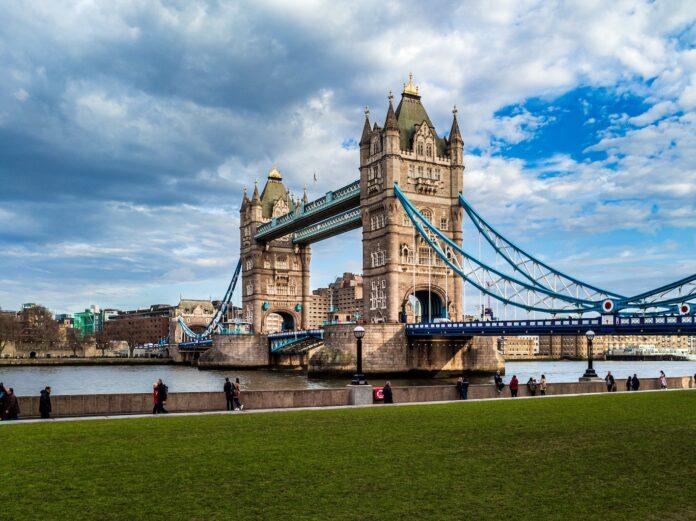Somewhere in London | March 7
Moving to London is a dream for many, but it’s no secret that the city is one of the most expensive in the world. Whether you’re relocating for work, study, or simply a change of scenery, understanding the cost of living in London is crucial for planning your budget.
In this guide, we’ll break down the costs of housing, transportation, food, and more, so you can make an informed decision about your move.
1. Housing Costs in London
Housing is the biggest expense for most Londoners. Here’s what you can expect:
- Rent:
- Central London: A one-bedroom flat in zones 1-2 costs between £1,800 and £2,500 per month.
- Outer London: In zones 4-6, rents drop to around £1,200-£1,800 for a one-bedroom flat.
- Shared Accommodation: Renting a room in a shared house can cost between £700 and £1,200 per month, depending on the area.
- Buying Property:
The average house price in London is around £500,000, but this varies widely by borough. For example, properties in Kensington and Chelsea can exceed £1 million, while areas like Barking and Dagenham are more affordable.Use the UK House Price Index for the latest data.
2. Transportation Costs
London’s public transport system is extensive but can be pricey.
- Oyster Card/Contactless: A single tube journey in zones 1-2 costs £2.70, while a monthly travelcard for zones 1-2 is £142.10.
- Cycling: Consider using Santander Cycles (Boris Bikes) for £2 per 30 minutes.
- Driving: Fuel costs around £1.50 per litre, and the Congestion Charge is £15 per day if you drive in central London.For detailed fare information, visit the Transport for London (TFL) website.
3. Food and Groceries
- Groceries: A weekly shop for one person costs around £30-£50 at supermarkets like Tesco or Sainsbury’s.
- Eating Out:
- A meal at an inexpensive restaurant costs around £15-£20.
- A three-course meal for two at a mid-range restaurant costs around £50-£70.
4. Utilities and Bills
- Gas and Electricity: Average monthly costs are £100-£150.
- Internet and Mobile: Broadband costs around £25-£35 per month, and a mobile plan with data costs £10-£20.Use Ofgem’s energy comparison tool to find the best deals.
5. Healthcare
The UK’s National Health Service (NHS) provides free healthcare for residents. However, you may need to pay for prescriptions (£9.65 per item) or dental care.
Learn more about NHS services on the official NHS website.
6. Childcare and Education
- Childcare: Full-time nursery costs around £1,200-£1,500 per month.
- Schools: Public schools are free, but private schools can cost £15,000-£30,000 per year.For childcare support, check GOV.UK’s childcare calculator.
7. Entertainment and Lifestyle
- Gym Membership: £30-£50 per month.
- Cinema Ticket: £10-£15.
- Pint of Beer: £5-£6 in a pub.
Is London Affordable?
While London is expensive, salaries are generally higher to compensate. The average salary in London is around £40,000 per year, but this varies by industry.







